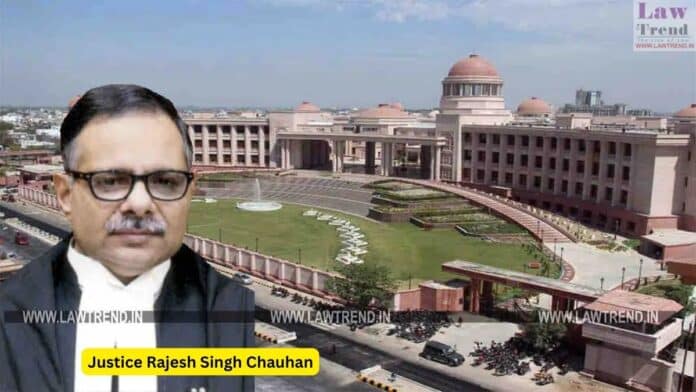The Allahabad High Court has quashed the withdrawal of appointment offers issued to two selected candidates for the post of Producer at the Electronic Multi Media Research Centre (EMMRC) of Babasaheb Bhimrao Ambedkar University, Lucknow. The Court held that such withdrawal entails “severe civil consequences affecting livelihood and career” and directed the University to implement
To Read More Please Subscribe to VIP Membership for Unlimited Access to All the Articles, Download Available Copies of Judgments/Order, Acess to Central/State Bare Acts, Advertisement Free Content, Access to More than 4000 Legal Drafts( Readymade Editable Formats of Suits, Petitions, Writs, Legal Notices, Divorce Petitions, 138 Notices, Bail Applications etc.) in Hindi and English.




